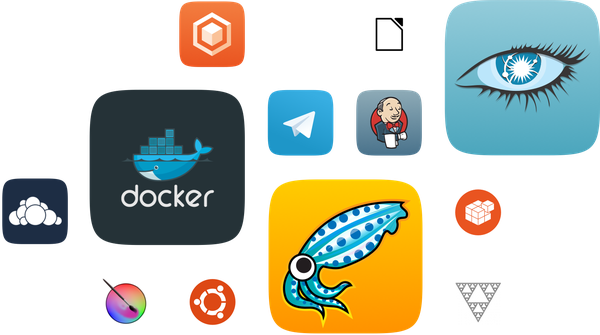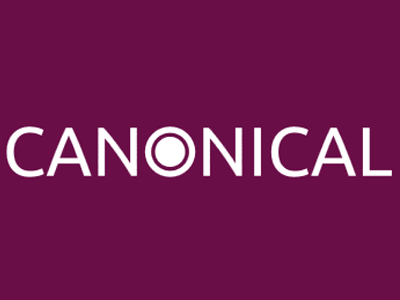Canonical Helps Push Snap Universal Linux Package To Other Distros
Canonical announced that it has helped to push out the Snap universal software package to numerous other Linux distros to ease the spread of Linux software.
Snap first debuted on Canonical’s Ubuntu 16.04 LTS distro back in April. Canonical pushed Snap into Ubuntu, because it is a lightweight software framework that enabled software developed for desktop Ubuntu systems to also work on low-power IoT devices running Ubuntu.
“Most vendors target Ubuntu because of its popularity” said Mark Shuttleworth in a briefing. “Snaps bring those apps to every Linux desktop, server, device or cloud machine, giving users freedom to choose any Linux distribution while retaining access to the best apps.”
Snap is also secure, because all the software essentially runs in a sandbox. In other words, it runs completely separately from everything else on the PC. This makes it inherently secure against viruses and malware, but it also helps to avoid compatibility issues with other software on the system.
“Security is particularly important when running third-party software,” said Steve Langasek, a Debian developer. “Snaps meet that challenge with robust confinement, neatly addressing many of the risks of apps in sensitive environments.”
This aspect of Snap made it easy for other developers to port it to several other Linux distros, including Arch, Debian, Fedora, Kubuntu, Lubuntu, Ubuntu GNOME, Ubuntu Kylin, Ubuntu MATE, Ubuntu Unity and Xubuntu. Developers are also working to port the software to CentOS, Elementary, Gentoo, Mint, OpenSUSE, OpenWRT and RHEL.
In addition to individual developers and the teams working on the distros mentioned above, several companies and organizations are also involved in distributing Snap to new distros and creating applications with it. These include Dell, Samsung, the Linux Foundation, The Document Foundation, Krita, Mycroft, Horizon Computing and others.
Get Tom's Hardware's best news and in-depth reviews, straight to your inbox.
The Document Foundation has already ported its LibreOffice suite to Snap.
Because Snap can run separately from all other software on the system, any Snap programs that are created on any Linux distro can be ported to any other distro as is--that is, without any modification to the software code. This is a key point, as it makes creating software that works on all Linux distros easier than ever before.
“Snaps are much easier to create than traditional Linux packages, and allow us to evolve dependencies independent of the base operating system, so we can easily provide the very best and latest Chinese Linux apps to users across all distributions,” said Jack Yu, leader of the popular Chinese Kylin team.
There are other software packages that allow developers to easily port programs between Linux distros, but they are often far less secure, may require some amount of software modification, and the underlying package may have limited upgradability or long term support. Snap, however, is designed to be upgradable as well, and it will see regular updates from Canonical as part of Canonical’s Ubuntu 16.04 LTS support.
If Snap can indeed make the creation of universal Linux apps easier than ever, it is likely we will see a richer and more user-friendly computing experience on Linux than we’ve seen before. If you want to try Snap, it is available now on the distros mentioned above with a wide range of applications.
Follow Michael Justin Allen Sexton @EmperorSunLao. Follow us on Facebook, Google+, RSS, Twitter and YouTube.


